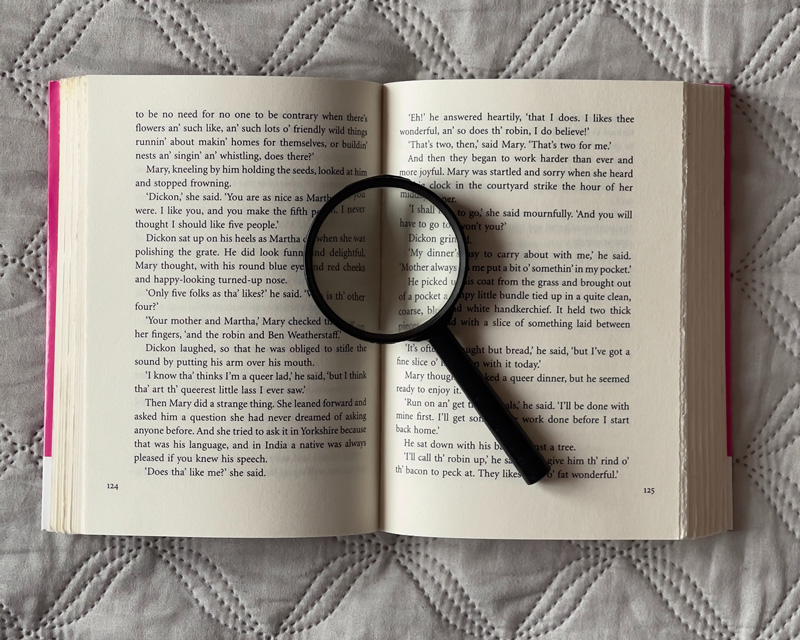
A good author/literary agent relationship can be as potent and rewarding as a good marriage. Find the right person for your opus, and your literary agent could become a career-long partner.
Literary Resources
Jane Friedman's (no relation) fulsome post How to Find a Literary Agent for Your Book provides wisdom on the who, why, and how of the process. As she points out, good literary agents have a deep understanding of the publishing world and wide-ranging contacts and sometimes can help an author think more clearly about the book's focus, thereby helping them better assess the right publishing house.
Most agents seek clients who are writing books that will generate a large advance, and if you're writing for smaller, niche markets or have a robust author platform, you may not need a literary agent to shop your book. If you're simply seeking someone to help ensure your publishing contract covers all the bases, you might prefer to hire a good lawyer.
One path for beginning your agent search is to subscribe to Publishers Marketplace (as Friedman recommends), where you will learn about new books being published and discover the agents representing them. You might also find useful guidance on Manuscript Wish List, Duotrope, and Query Tracker (which has an unpaid option), where you can read about the specific books agents are seeking. Of course, a friend's or teacher's or mentor's recommendation to their agent is often the best way to assure your work will be read.
You might also wish to utilize some of the many other writing resources available to inform your search, including Lucinda Literary's guide to pitching your book or some of the many Authors Guild webinars.
Knowledge in Acknowledgments
One creative method is to begin by visiting your local bookstore or library or spending a day studying your own bookshelves. Which books remind you of yours? And who represented those books? Are you writing a memoir reminiscent of Cheryl Strayed's memoir, Wild? Like the vast majority of her fellow authors, Strayed gushes gratitude in the book's acknowledgments: “Thank you to my agent Janet Silver, and also to her colleagues at the Zachary Shuster Harmsworth Agency. Janet, you are my friend, champion, and literary kindred spirit. I will always be grateful to you for your support, smarts, and love.”
Are you writing brilliant horror? When Steven King published his newest book, Fairy Tale, he also publicly mourned on Twitter the death of his longtime agent, Chuck Verrill. Talk about a happy marriage — they worked together for 40 years. King has long acknowledged Darhansoff and Verrill as his literary agency, which has posted on its website: “What we've represented in the past isn't a guarantee we're looking for more of the same, nor does it disqualify work disparate in genre or subject… BUT [my emphasis] our prior work is indication of the quality and idiosyncrasy we are seeking in new projects.”
Are you writing a potentially bestselling self-help guide, one that reminds you of Matt Paxton's Keep the Memories, Lose the Stuff? If so, Jane Dystel at Dystel, Goderich and Bourret, whom Paxton thanks in his acknowledgments, might be your agent of choice. If you discover Dystel's not taking new queries, check if someone else at her agency is. And be sure, always, to read an agency's submission guidelines.
I guarantee, many agents will ignore your queries. Many will reject you. Don't despair — being ignored and rejected is part of the author journey. There are hundreds of agents out there, and chemistry matters. And in this instance, as in marriage, chemistry is truly more art than science.
- Tips for Overcoming Common Fears About Writing Memoir - February 21, 2024
- 3 Reasons to Write a Book Proposal for Your Nonfiction Book - March 24, 2023
- Finding a Literary Agent - November 7, 2022



